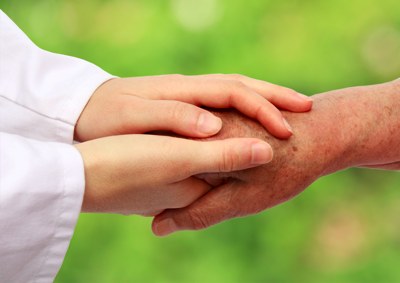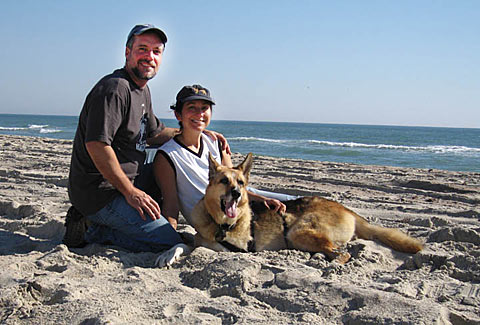Cooler weather often makes us want to batten down the hatches and hibernate. But this is a great time of year to get involved in some of the global initiatives that are likely to be recognized somehow in your local area.
There’s a very full list on Wikipedia, but these are our favorites.International literacy day: September 8
This UN-endorsed initiative aims to promote literacy around the world. Ask at your local library (or even bookstore!) to find out how you can help celebrate.
Suicide prevention day: September 10
This year’s theme for the WHO-endorsed Suicide Prevention Day is Preventing Suicide in Multicultural Societies. The Wikipedia page provides a wealth of ideas for those who want to help raise awareness of—and help prevent—suicide. Perhaps you could put one of these into action in your community?
International talk like a pirate day: September 19
Who doesn’t get a kick out of talking like a pirate?! Talk like a pirate day is a good excuse to throw a party, wear an eye patch, and address strangers as “me hearties”. Also: studies have shown that talking like a pirate makes you feel good. Okay, maybe we made that up. But this is still one to mark in the diary.
World habitat day: October 3
This UN-supported day recognizes the importance of habitat globally. This year’s theme is Cities and Climate Change, so if you live in a city, you may have a Habitat Day event on your doorstep! Check with your local council or environment groups for details.
World animal day: October 4
World animal day is a great opportunity for animal lovers to come together to celebrate animals. The initiative’s website has a handy search that will tell you about registered events happening in your area—and lets you add your own!
International men’s day: November 19
This event aims to “promote positive aspects of male identity based on the premise that ‘males of all ages respond more energetically to positive role models than they do to negative gender stereotyping.'” Accordingly, the 2011 theme is Giving Boys the Best Possible Start in Life. Get involved! Your local council, schools, or community groups will likely have information on events in your area.
World hello day: November 21
“Greet ten people for peace,” says World Hello Day, which has been going for 39 years. This is one celebration that’s easy to participate in: the aim is to greet ten people on this day, in recognition of the importance of communication in achieving peace. Don’t be shy: say hello!
Don’t forget to check out the complete list—there are plenty of days of recognition, so whatever your passion, there’s bound to be something you can get behind.
Have you thought about getting more involved in your community—local or global—this Fall? Share your plans in the comments.















Recent Comments